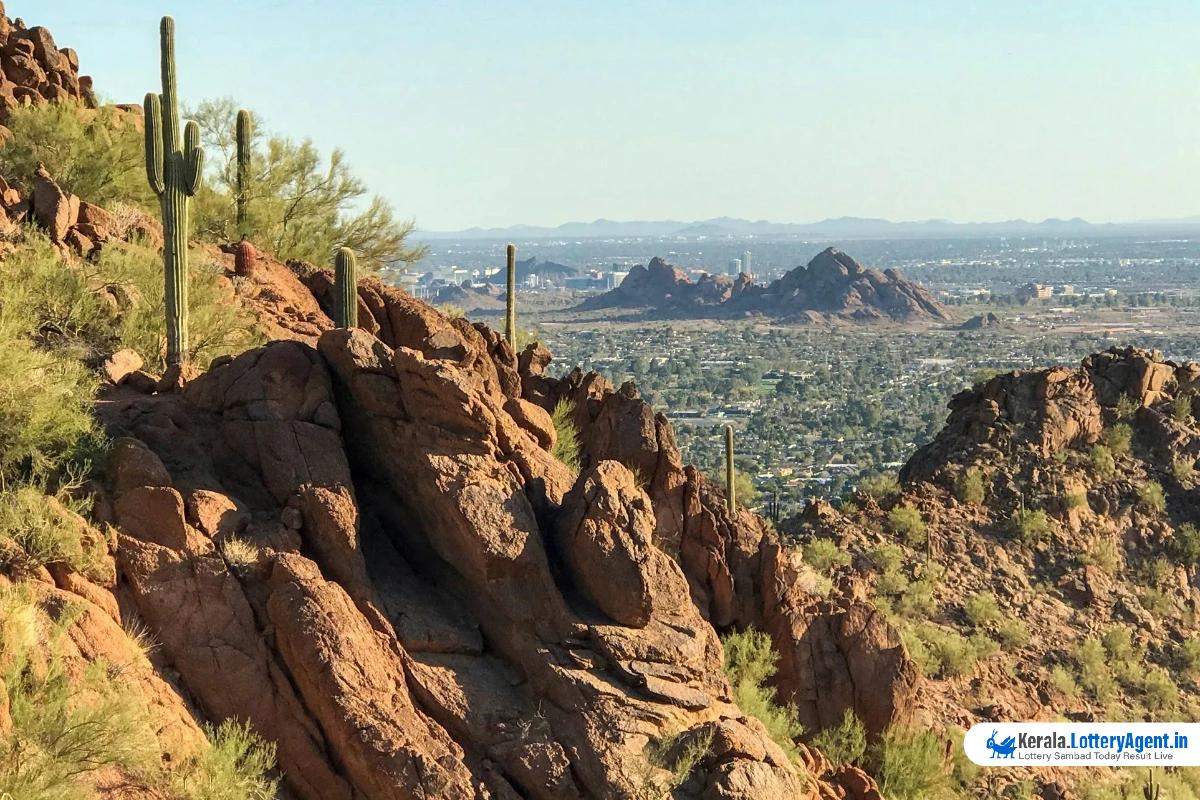
In a significant move for Arizona’s gaming industry, the Arizona Department of Gaming (ADG) has announced the opening of a new application window for event wagering licenses. The state regulatory authority is set to review at least one application each from a tribal casino and a professional sports franchise, in line with the state’s legislative framework governing event wagering operations.
Event wagering in Arizona is stringently controlled, necessitating operators to secure a partnership with either a professional sports franchise or an Indian tribe. The existing law caps the number of licenses at 10 for both categories. As of now, nine of these licenses for tribal casinos have been allocated, leaving one available, while two out of the 10 licenses earmarked for professional sports franchises remain unissued. This development opens up a significant opportunity for potential new entrants in the state’s burgeoning sports betting market.
With the NFL’s Arizona Cardinals (BetMGM), NHL’s Phoenix Coyotes (SaharaBet), MLB’s Arizona Diamondbacks (Caesars Sportsbook), AFL’s Arizona Rattlers (BetRivers), WNBA’s Phoenix Mercury (Bally Bet), Phoenix Speedway (ESPN Bet), NBA’s Phoenix Suns (FanDuel), and TPC Scottsdale (DraftKings) already licensed, the question remains whether there are other professional sports venues left in the state that meet the stringent criteria set by the law. It’s noteworthy that the Coyotes retain their license despite the team’s relocation to Utah.
Previously, the United Soccer League’s Phoenix Rising sought a license but was denied during the initial event wagering application window in 2021 due to not meeting the legislative specifications. The team did not reapply in 2023, and as of now, it remains uncertain if there are other professional sports teams at the highest level within the state that could qualify under the current legislative parameters.
Since the launch of Fanatics Sportsbook in collaboration with the Tonto Apache Tribe in April, all major U.S. operators are now active in Arizona.
. This makes it increasingly likely that any new operators looking to penetrate the Arizona market will opt to collaborate with a tribal entity. Initially, when event wagering was legalized and the first round of licenses issued, there was a rush among tribes to secure partnerships, resulting in all 10 tribal licenses being quickly spoken for. However, the market has seen significant shifts since then, with various tribes losing their partners due to mergers, acquisitions, and other consolidation activities within the industry.
For instance, the Tonto Apache Tribe’s original partner, TwinSpires, exited the market, necessitating new partnerships. Similarly, the Ak-Chin Indian Community had to find a new partner when Fubo Sportsbook ceased its operations. The latest development in this aspect is the Quechan Tribe of the Fort Yuma Indian Reservation losing its partner when Unibet announced its decision to exit the Arizona market.
Throughout every licensing round, any available tribal licenses have seen applications submitted, illustrating the high demand and competitive nature of securing these coveted operational rights. The new application window now presents an opportunity for tribes that were previously left out or those that lost their original partners to re-enter the gaming scene with new affiliations.
This new phase in Arizona’s event wagering landscape underscores the dynamic and evolving nature of the sports betting industry within the state. Those looking to capitalize on this opportunity will undoubtedly need to navigate a regulated environment while ensuring compliance with the legislative framework that has been laid out to protect the integrity and sustainability of sports betting operations in Arizona.
In conclusion, the ADG’s decision to open a new application window is seen as a pivotal moment for the state’s gaming industry, potentially bringing in new operators and partnerships that could enhance the diversity and competitiveness of the market. As the ADG gears up to review new applications, stakeholders within the industry will be keenly observing to see which entities succeed in securing the limited licenses still available, thus shaping the next chapter of event wagering in Arizona.












